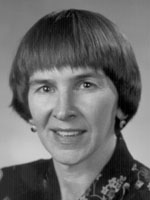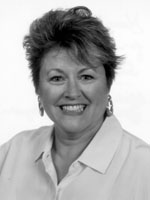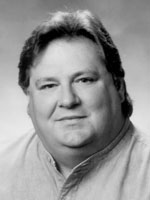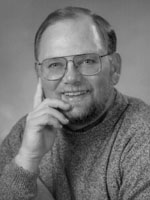
Hands-on, Practical Guidance for Educators
From math,
literacy, equity, multilingual learners, and SEL, to assessment, school counseling,
and education leadership, our books are research-based and authored by experts
on topics most relevant to what educators are facing today.
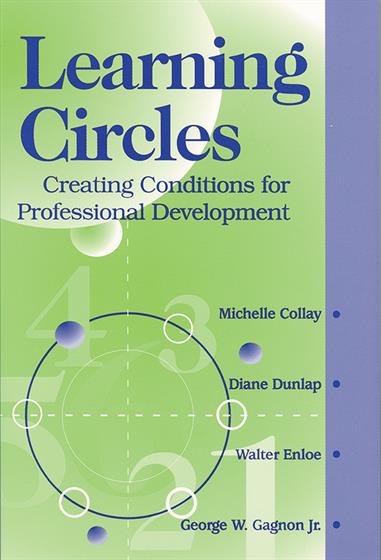
Learning Circles
Encourage your teachers to form study groups to enrich their professional development programs.
This book shows how learning circles--small groups of learners who come together to support each other in learning--can make great improvements in the quality of teaching and learning in your school.
- Build community with other learners
- Construct knowledge through personal experience
- Support other learners in their reflective practices
- Document reflections on professional experiences
- Assess growth expectations
- Improve the culture in classrooms, schools, and communities

- Grade Level: PreK-12
- ISBN: 9780803966765
- Published By: Corwin
- Year: 1998
- Page Count: 168
- Publication date: August 24, 1998
Price: $30.95
For Instructors
When you select 'request review copy', you will be redirected to Sage Publishing (our parent site) to process your request.
Other Titles in: Staff Development & Professional Learning | Teacher Leadership | Collaboration & Team Building

